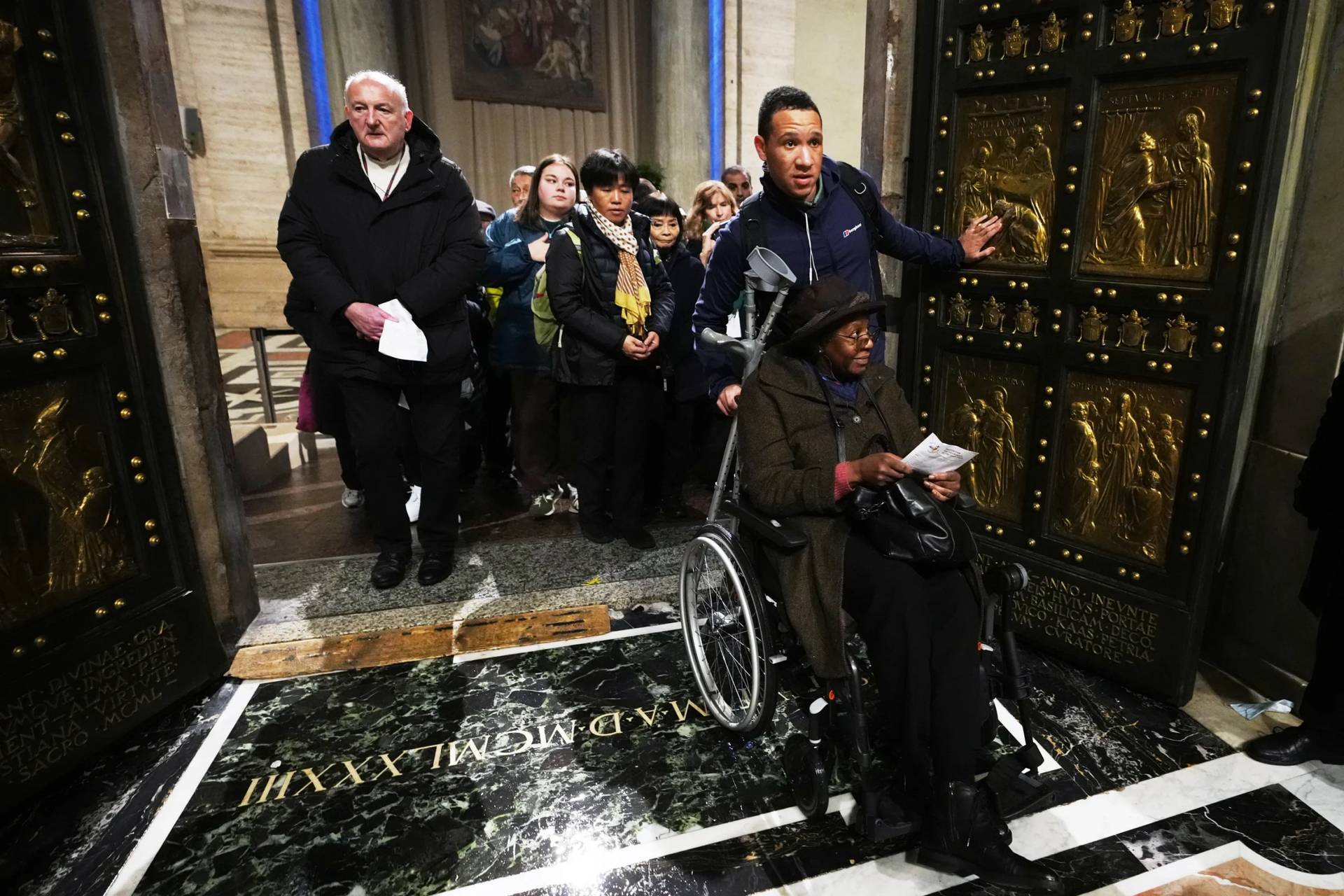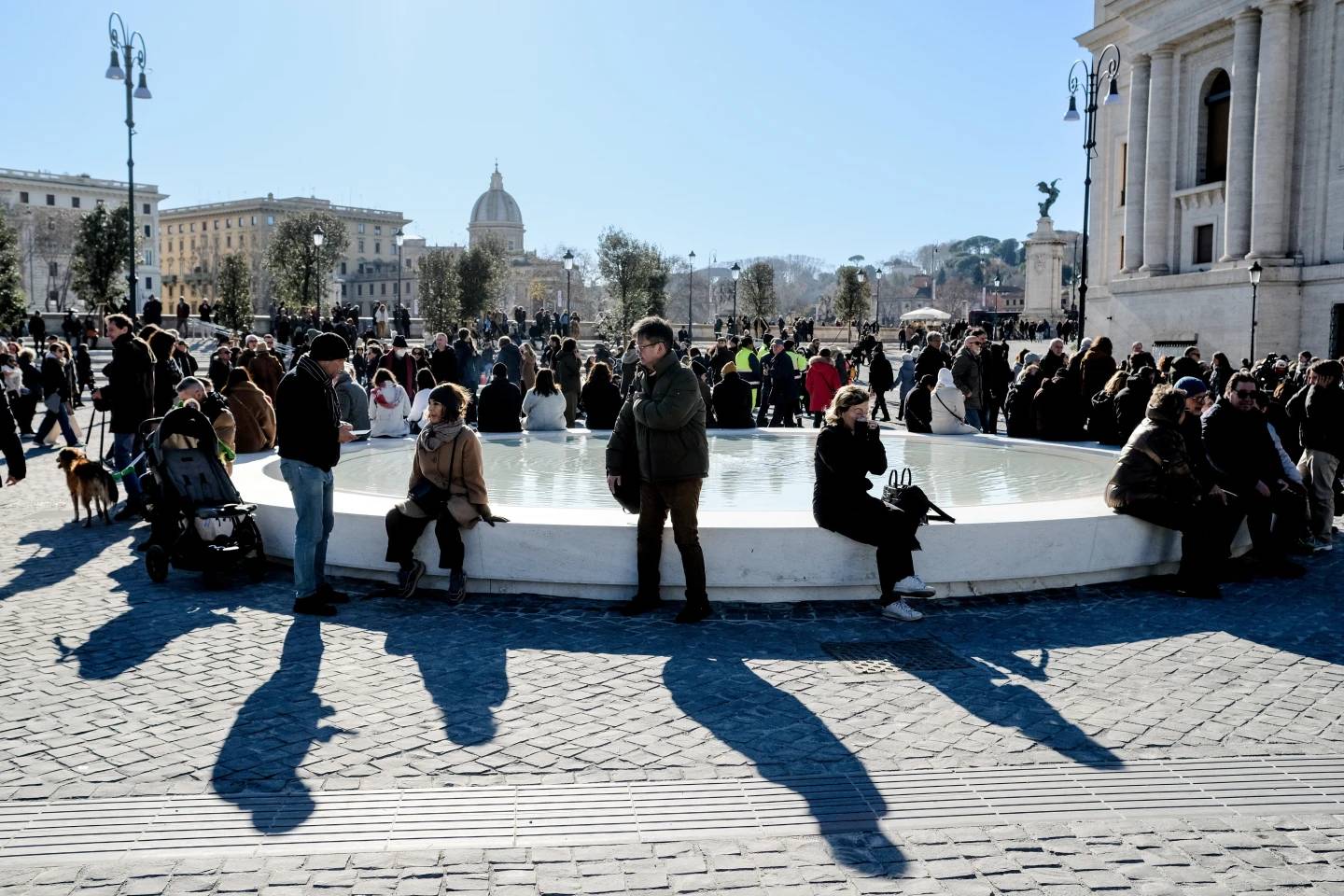Pope Francis emphasized the importance of conscience and reiterated his call for a “marriage catechumenate” during his annual address to the Roman Rota, the Vatican court that handles appeals in marriage annulment cases.
“The conscience assumes a decisive role in the demanding choices that couples must face to welcome and build the conjugal union and hence the family according to God’s plan,” Francis said.
“It will be a long undertaking and not easy, requiring bishops and presbyters to work indefatigably to enlighten, defend and support the Christian conscience of our people,” the pope said.
He said the Church must work to help engaged couples “to build and preserve the intimate sanctuary of their Christian conscience,” and said his document Amoris Laetitia has indicated “pastoral pathways” to help engaged couples to discern “without fear” their choice to enter into marriage.
“A continuous experience of faith, hope and charity is all the more necessary so that young people may again decide, with a sure and serene conscience, that conjugal union open to the gift of children is great joy for God, for the Church, for humanity,” Francis said.
The pope also said his recent reforms of the marriage annulment process were done “not only to make the process more rapid, but also more just, in due knowledge of the causes and reasons that are the cause of the failure of marriage.”
These reforms removed some of the juridical steps in annulment trials, as well as allowing the local bishop to decide cases himself.
“We must ensure that the conscience of the faithful in difficulty as regards their marriage does not close up to a path of grace. This aim is achieved through pastoral accompaniment, discernment of consciences and the work of our tribunals. This work must take place in wisdom and in the search for truth: Only in this way can the declaration of nullity produce a liberation of consciences,” Francis said.
The pope said the Church must recognize the “necessary relationship between the regula fidei, that is, the fidelity of the Church to the untouchable Magisterium on marriage, as well as on the Eucharist, and the urgent attention of the Church herself to the psychological and religious processes of all persons called to the choice of marriage and family.”
The pontiff then renewed his call for a “marriage catechumenate” which he made during his 2017 address to the Roman Rota, when he said the Church needed “an appropriate path of preparation geared to rediscover marriage and the family in keeping with God’s design.”
The term “catechumenate” is used for the preparation process for adults seeking baptism and involves both particular liturgical rites and catechesis.
“Faith is a light that illuminates not only the present but also the future: marriage and family are the future of the Church and of society,” the pope said. “It is therefore necessary to promote a state of permanent catechumenate so that the consciousness of the baptized is open to the light of the Spirit.”
Francis said to make future spouses more aware of this, “we need the contribution not only of bishops and priests, but also of other people involved in pastoral care, religious and lay faithful who are jointly responsible in the mission of the Church.”















